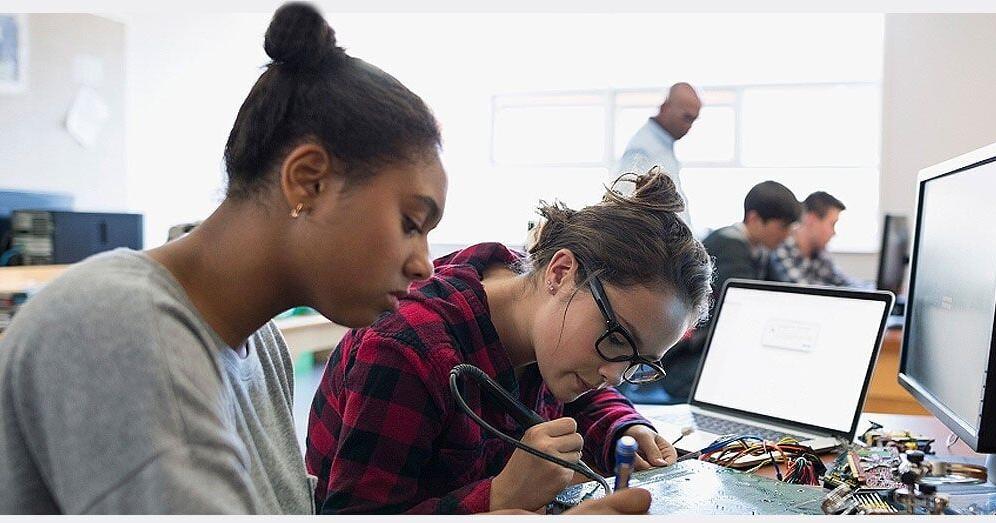
Innovative Program Offers Teenagers Free Associate Degrees in Computer Science
A transformative educational initiative designed to bolster the technical skills of young students attracted significant attention during an open house event at Niagara Falls High School on Wednesday evening. The program, which allows students to earn associate degrees in computer science at no cost, is made possible through a grant-funded partnership with the State University of New York (SUNY) at Niagara. This unique opportunity is available to students in both the North Tonawanda and Niagara Falls City School Districts, enabling them to accelerate their academic journey and gain substantial college credits before graduating high school.
Parents and community members gathered in large numbers to learn about this pioneering program, which aims to equip students with the essential skills needed in today’s technology-driven workforce. Superintendent Mark Laurrie of Niagara Falls City Schools emphasized the increasing awareness of the program, which allows eighth-grade students to begin high school courses, thereby opening the door to college coursework as early as ninth grade. Laurrie noted that there are only a dozen similar programs available statewide, highlighting the exclusivity and significance of this initiative.
Participants in the program can pursue two distinct tracks within the computer science curriculum, accumulating up to 60 college credits—equivalent to two years of college coursework—over the course of their high school career. The structure of the program not only encourages academic achievement but also aims to reduce the financial barriers often associated with higher education, making college more accessible to local students from diverse backgrounds.
The integration of advanced technology education into high school curricula aligns with broader efforts across the nation to prepare students for careers in rapidly growing fields such as computer science, software engineering, and information technology. With the increasing demand for skilled professionals in these sectors, initiatives like this one are essential in cultivating a future workforce that is both economically and technologically equipped to face the challenges of the 21st century.
As interest in the program continues to grow, school administrators are optimistic about the positive impact it will have on students’ futures, helping to foster a new generation of innovators and problem solvers prepared to thrive in an increasingly digital world. This initiative marks a significant step towards bridging the gap between secondary education and higher learning, potentially serving as a model for similar programs statewide and beyond.


